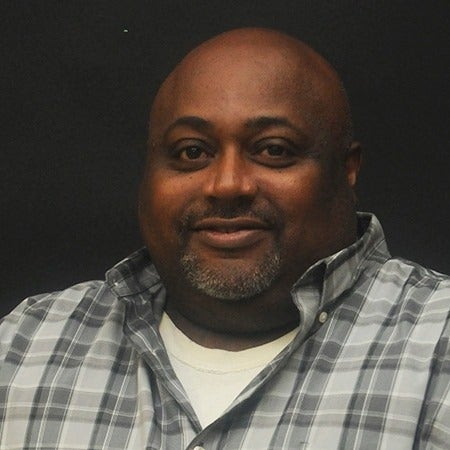God wants us to live in community
Published 11:20 pm Thursday, May 5, 2016
By JACK ALVEY | St. Paul’s Episcopal Church
In a recent article titled “If Not Trump, What?” New York Times op-ed columnist David Brooks suggests that it is time for a new American story—one that is “less individualistic and more redemptive.” He goes on to say, “maybe it will be a story about communities that heal those who suffer from addiction, broken homes, trauma, prison and loss…” I hope Brooks is right. I hope that America’s new story is a story of healing.
As for now, our country and her communities seem stuck at an impasse. On one hand, there are those who believe that a return to some past glory is the answer. On the other hand, there are those who believe that we as fallible human beings have the capacity to create some kind of future utopia. The problem with these two answers is that they call us to live in a place that doesn’t exist—in a dream world.
Dietrich Bonhoeffer, German theologian during the Holocost, writes, “Nothing is more dangerous to authentic community than our dreams for it. For we will always love our dreams more than community.” He goes on to say, “The person who loves their dream of community will destroy community, but the person who loves those around them will create community.”
In the final chapters of the Book of Revelation, we are given a vision of God’s final community—the holy city of God. The most common theme that runs through these final chapters is that God’s holy city is a place of healing and restoration. While this vision represents the final stanza of God’s salvation project, we also know that this project of healing is being worked out even now through the great love God shows us through the Risen Lord Jesus Christ.
God’s project of healing and restoration begins to take shape in our communities when we are willing to recognize that everyone is deeply broken in some way, everyone knows the pain of loss, everyone is trapped by shame and guilt for things done and left undone, everyone longs to know healing and wholeness.
And the great tragedy is that instead of coming together to find healing as a community, we do our best to beat the “other” up. Instead of using our brokeness as a place to find common ground, we inflict the pain that we have onto others making the chasm even wider.
Somewhere along the way we forgot who God made us to be. We forgot that God made us to love and not hate. God made us to live in community—not some perfected utopia or some idealized past.
God made us to live a community that is held together by love and mercy and justice and compassion. These are the ingredients that create the community that God dreams up for us in Christ. These are the ingredients that can turn a story of brokeness into a story of healing. And we know the power of these ingredients because of the One who embodies them perfectly is risen from the worst hell imaginable.


